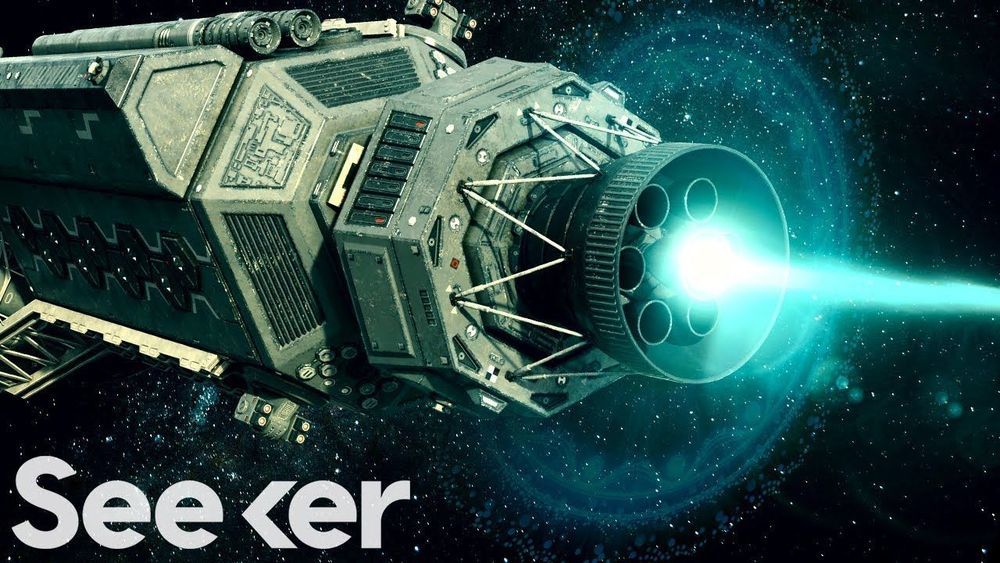What exactly would it take to create our very own Swartzchild Kugelblitz?
Could a Dyson Sphere Harness the Full Power of the Sun? — https://youtu.be/jOHMQbffrt4
Kugelblitz! Powering a Starship With a Black Hole
https://www.space.com/24306-interstellar-flight-black-hole-power.html
“Interstellar flight certainly ranks among the most daunting challenges ever postulated by human civilization. The distances to even the closest stars are so stupendous that constructing even a scale model of interstellar distance is impractical. For instance, if on such a model the separation of the Earth and sun is 1 inch (2.5 centimeters), the nearest star to our solar system (Proxima Centauri) would be 4.3 miles (6.9 kilometers) away!”
Kugelblitz Black Holes: Lasers & Doom
https://futurism.com/kugelblitz-black-holes-lasers-doom
“A kugelblitz black hole could theoretically be created by aiming lasers vastly more powerful than anything we have today at a single point. Logically, one could assume that turning off the lasers would ‘turn off’ the black hole? Well, that’s not quite right”
What is a Dyson sphere?
https://earthsky.org/space/what-is-a-dyson-sphere
“In recent years, astronomers explored that possibility with a bizarre star, known to astronomers as KIC 8462852 – more popularly called Tabby’s Star for its discoverer Tabetha Boyajian. This star’s strange light was originally thought to indicate a possible Dyson sphere. That idea has been discarded, but, in 2018, other possibilities emerged, such as that of using the Gaia mission to search for Dyson spheres.“
____________________
Elements is more than just a science show. It’s your science-loving best friend, tasked with keeping you updated and interested on all the compelling, innovative and groundbreaking science happening all around us. Join our passionate hosts as they help break down and present fascinating science, from quarks to quantum theory and beyond.










Comments are closed.